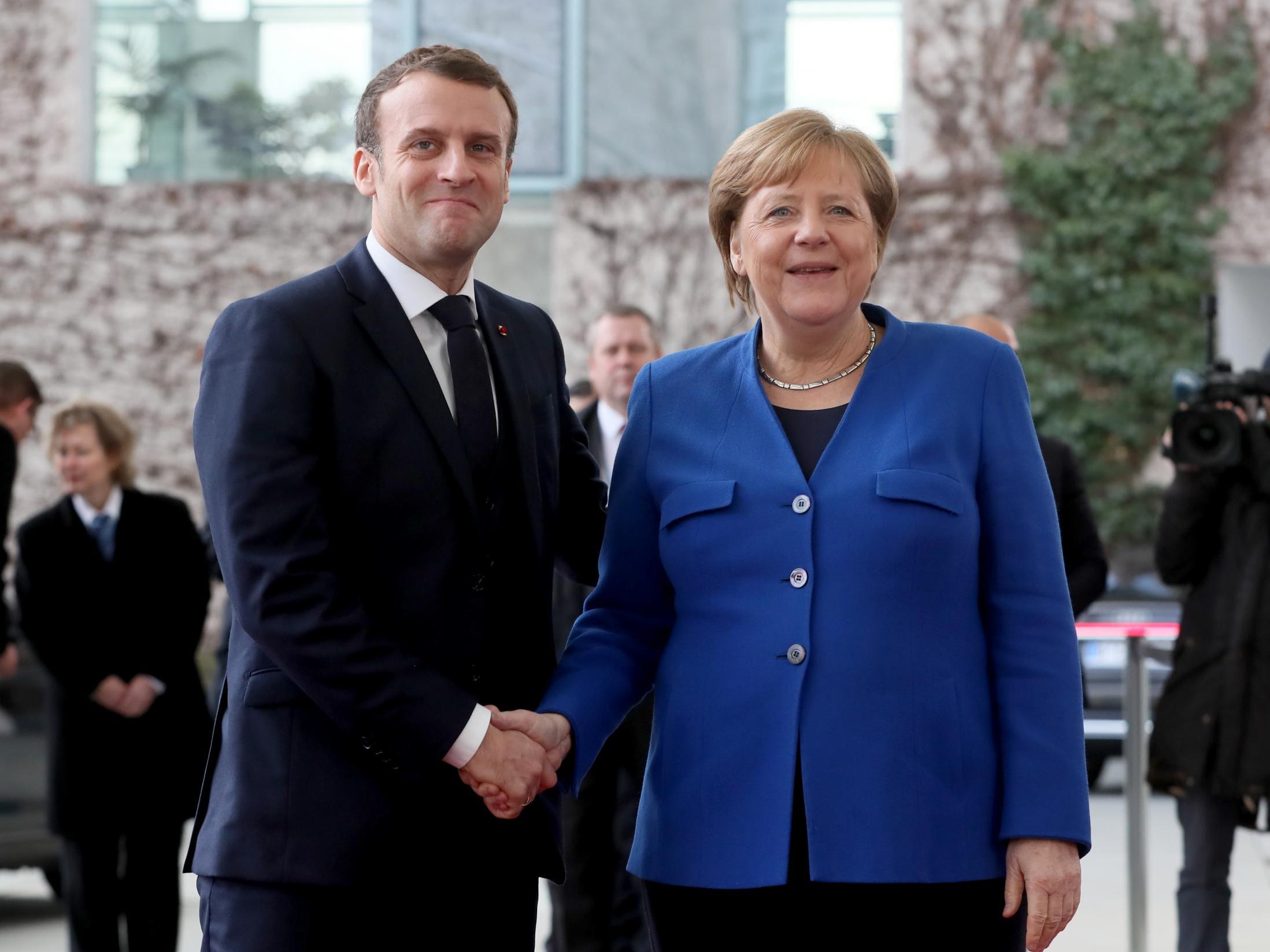Leaving aside any prejudices about the European project and Brexit, the EU is looking increasingly irrelevant
Since its foundation in 1957, the European Union has proceeded on the same principle as a cyclist – it needs forward progress to keep it from falling over. That progress is waning, writes Sean O'Grady


Well, at least Britain and the EU agree on one thing: the trade talks are going very badly indeed. David Frost and Michel Barnier, respective chief negotiators, have both issued downbeat assents of the progress, or lack of it, so far. Fishing, arbitration arrangements and an economic “level playing field” are the obstacles to a free trade deal; wrangling about Northern Ireland even threatens to unravel the previously settled withdrawal agreement.
Grim as all of that may be, it is not the European Union’s only challenge. Leaving aside any prejudices about the European project and Brexit, the EU is looking increasingly irrelevant.
The coronavirus crisis has exposed its most serious flaws. Where once President Macron of France advocated “more Europe” as an answer to his country’s problems, the pandemic prompted a rush to close borders and pursue national interests. Slovenia is the only EU member state to have free movement of workers, a founding principle of the union. Nations such as Italy, hard hit by the crisis, felt abandoned by Brussels, the resentment hardly alleviated by an apology from the president of the European Union, Ursula von der Leyen. The failure of the EU to contribute much to national medical or economic needs, or at least the perception of that failure, has hardened already nascent Eurosceptic sentiment in Italy and Hungary, for example.
The one successful response to the urgent need for collective action came from the European Central Bank, with more than a trillion euros earmarked to support national governments’ yawning deficits, buying government bonds virtually unconditionally. That was certainly a practical example of how “more Europe” can work wonders.
However it is “too much Europe” for Germany’s constitutional court, which recently ruled that the Bundesbank has been behaving unlawfully in signing up for the scheme. While it might be possible for the German authorities to get round the terms of the ruling itself – which relies on a technicality about risk assessing the bonds it was underwriting – the court made some explosive remarks about the very basis of the EU, and the supremacy of its laws over national ones. In particular, the German judges ruled that they could safely ignore a decision by the European Court of Justice because the ECJ “exceeds its judicial mandate, where an interpretation of the Treaties is not comprehensible and must thus be considered arbitrary from an objective perspective”.
What lies behind this unusual outbreak of German Euroscepticism is the fear that Germany will become responsible for the debts of nations such as Greece, Portugal, Spain and Italy. If the ECB buys bonds that turn out to be worthless, then German taxpayers, more than any others, will be the ones making a loss and paying for the mess. Hence the German court’s attempt to limit their exposure.
It is a repeat of the arguments that arose during the eurozone crisis almost a decade ago, and for much the same reasons – the huge disparity between the economic and industrial strength of the 27 member states, and especially the 19 members using the euro. If the EU had a fiscal union to match its monetary union such tensions could never arise, because the EU as a whole would be collectively responsible for the debts of its member states, and no member state would be permitted to borrow irresponsibly, and thus undermine the single currency. However such a “more Europe” scheme would require a combination of German consent, protracted negotiations for a new treaty, and ratification in every member state, including those where a referendum would likely be lost, such as in the Netherlands.
Apart from Brexit, and the tensions in the eurozone, the summer promises a return of another familiar European challenge, the refugee crisis. Warmer weather, continuing conflict in the Middle East and an increasingly truculent Turkish government spell more trouble for the EU for many months to come.
Since its foundation in 1957, the European Union has proceeded on the same principle as a cyclist – it needs forward progress to keep it from falling over. In the past, successive waves of economic integration, rising EU “competence” over policies, expansion and the acquisition of the attributes of a federal state have ensured that there was always some project or other to propel the bicycle along.
Today there is little appetite for “more Europe”, even in places that were once the most enthusiastic about the European ideal. “Less Europe” seems a more likely destination in present trends.
Join our commenting forum
Join thought-provoking conversations, follow other Independent readers and see their replies
Comments